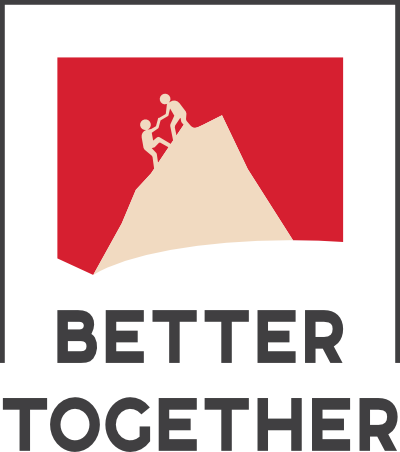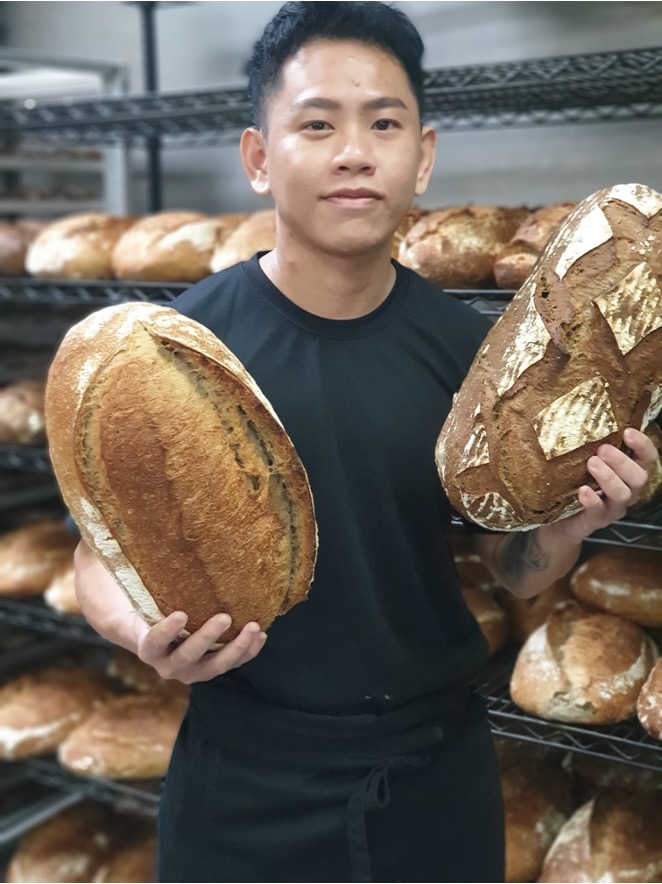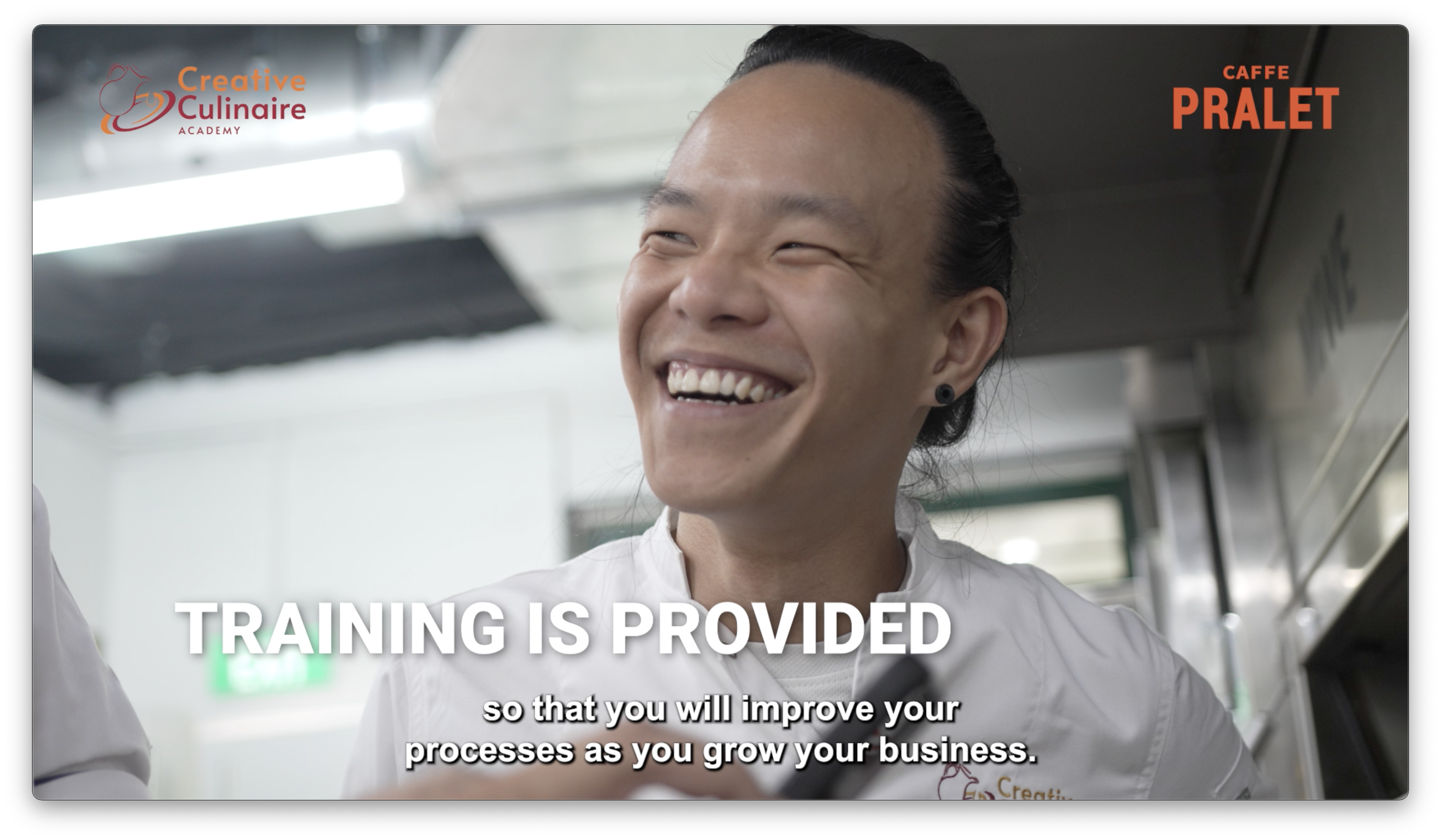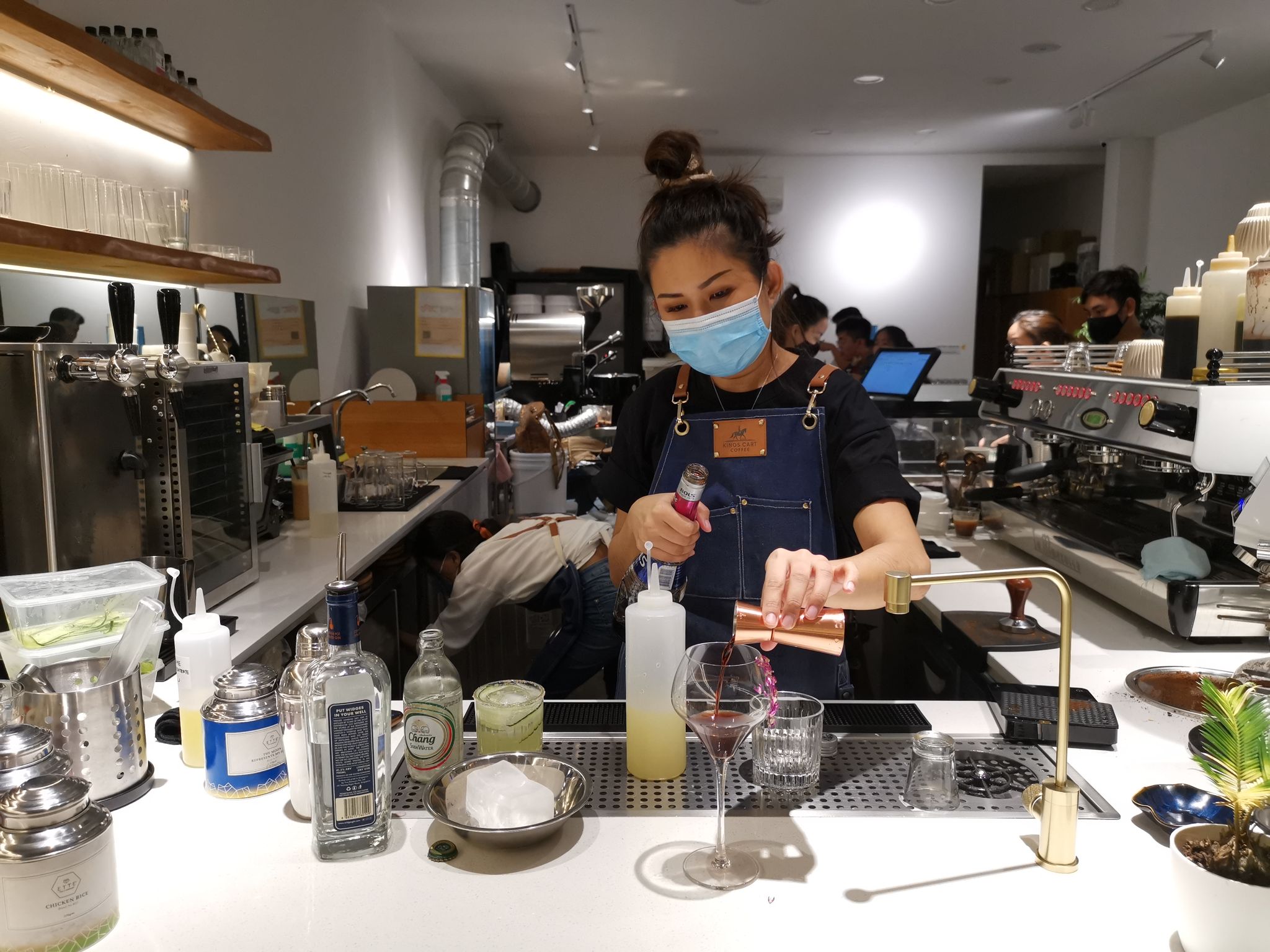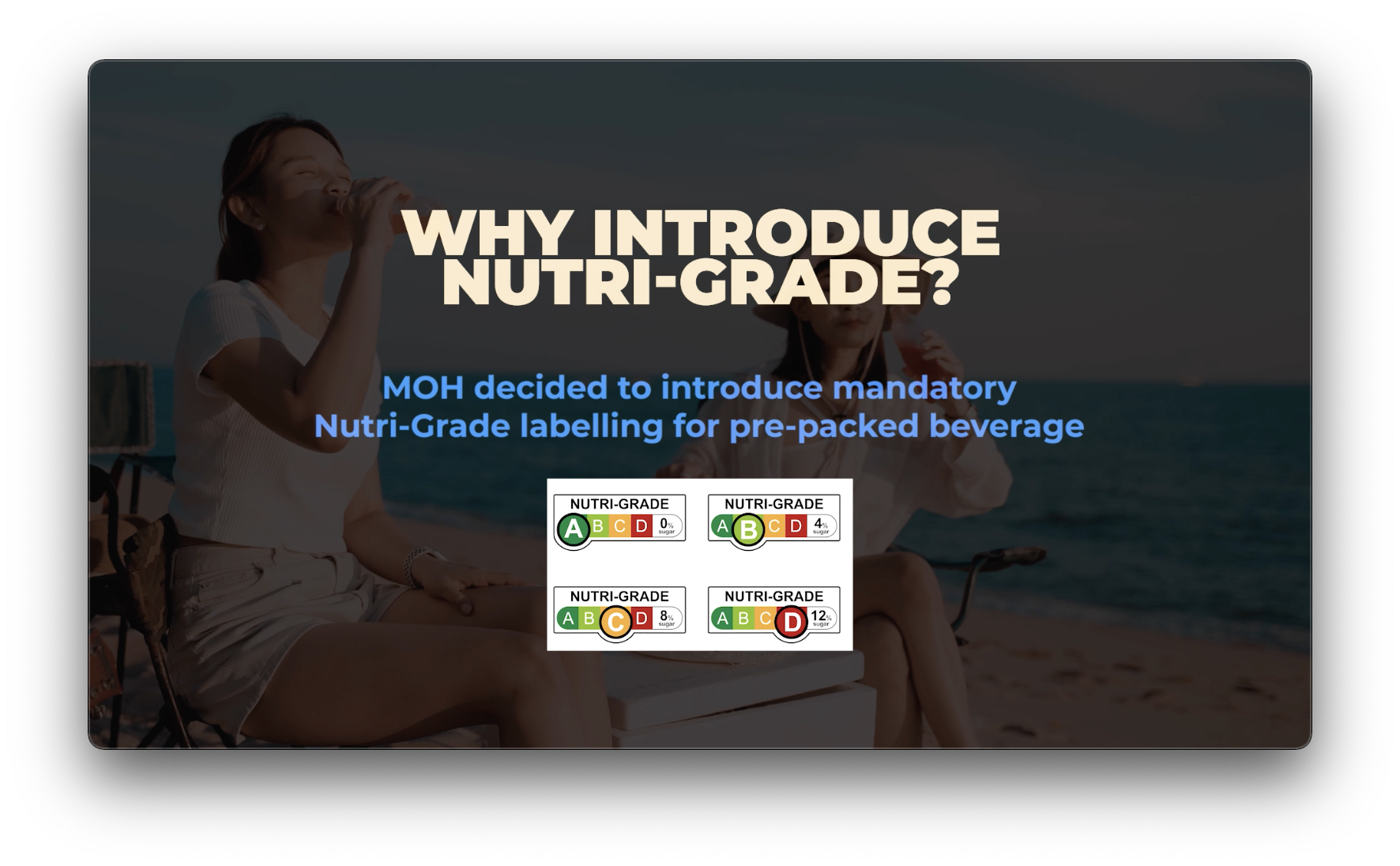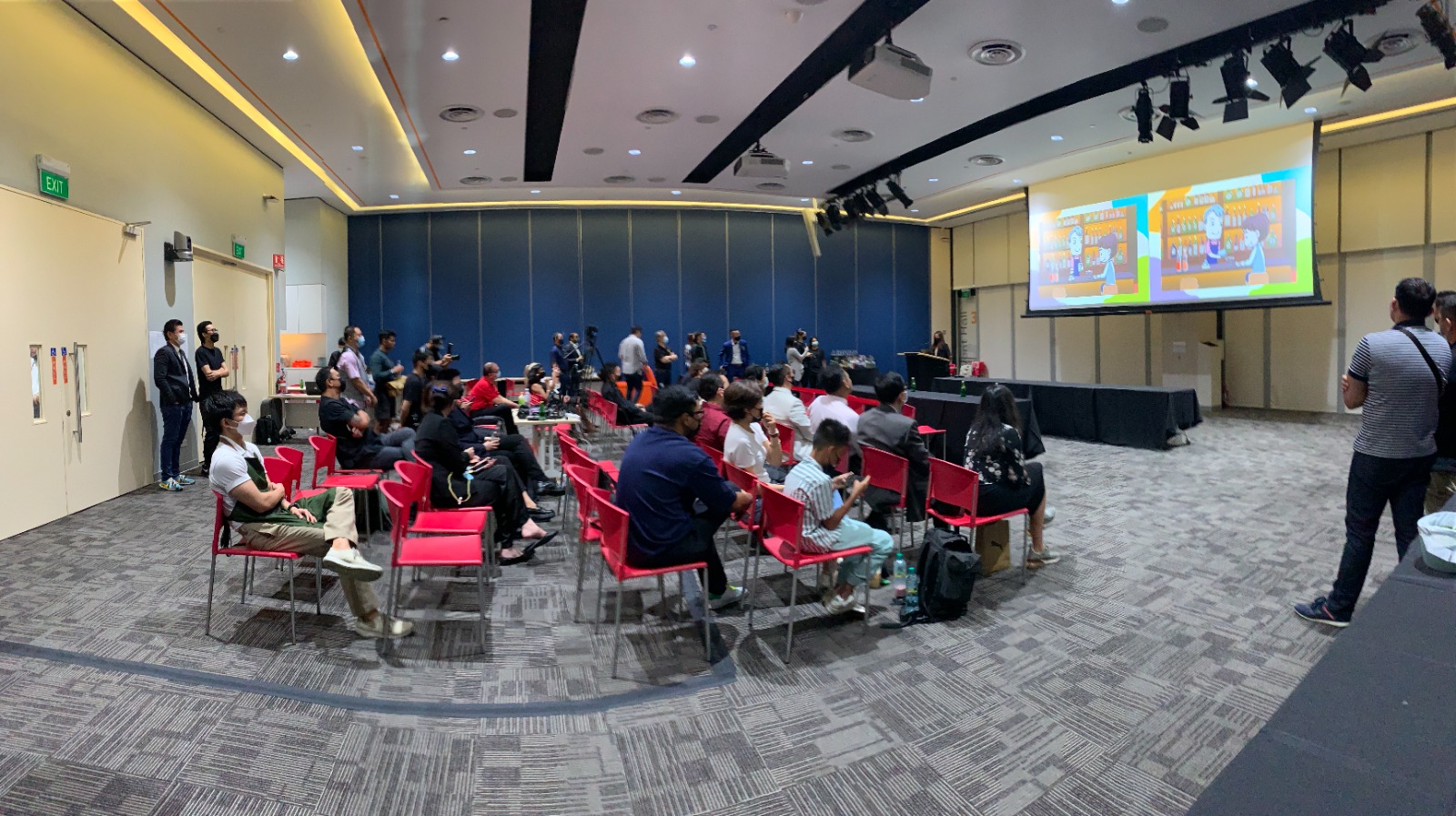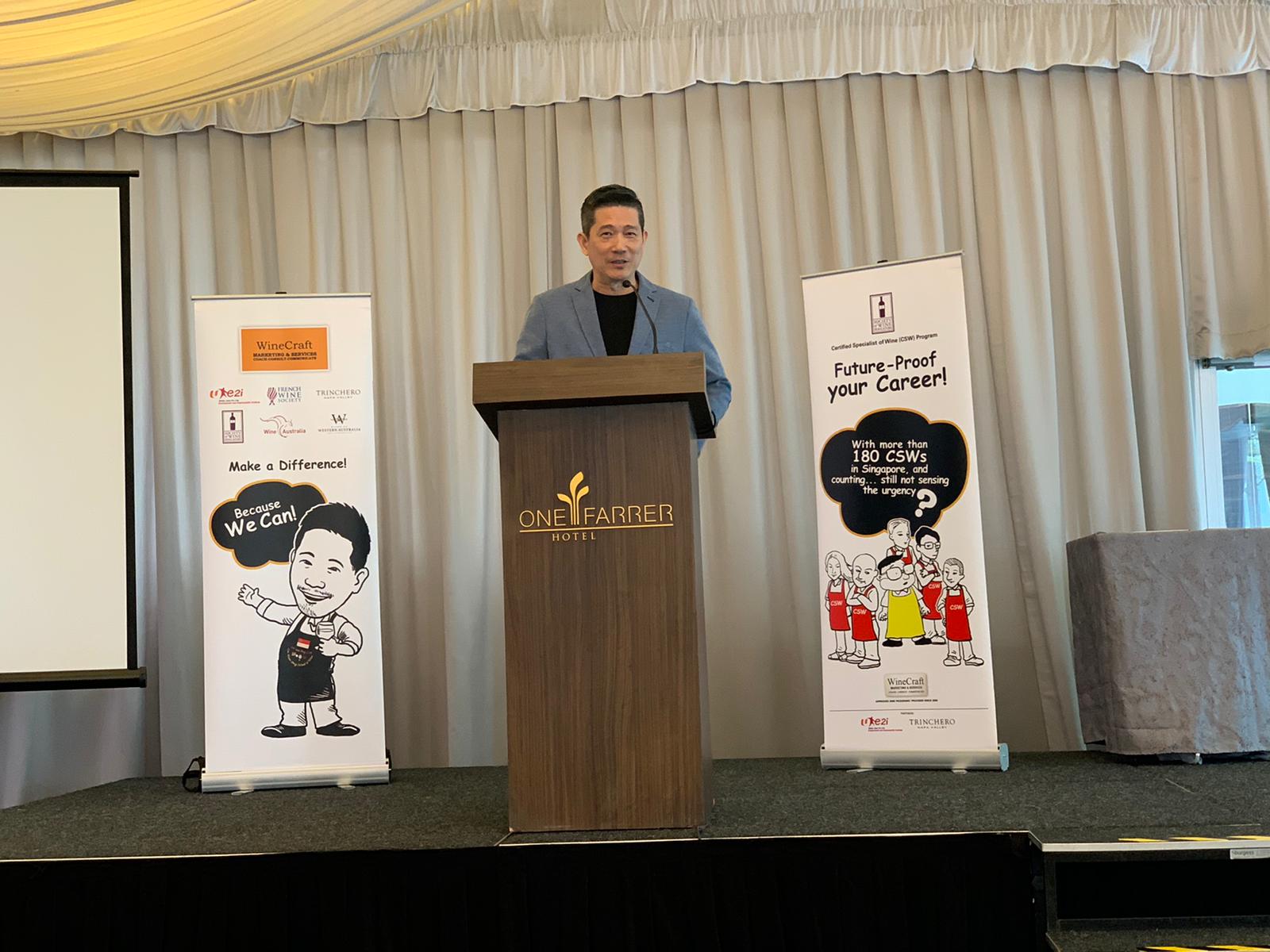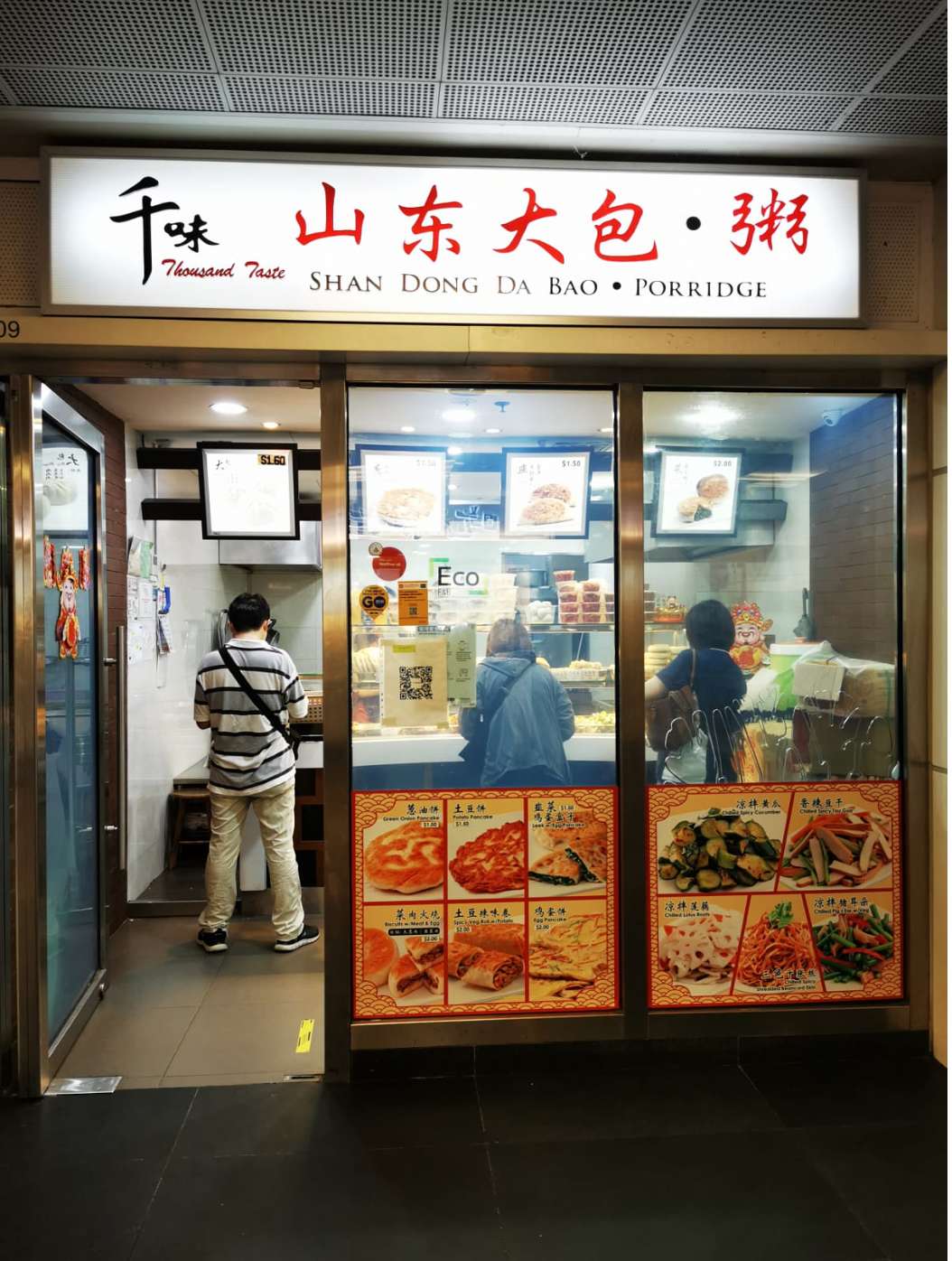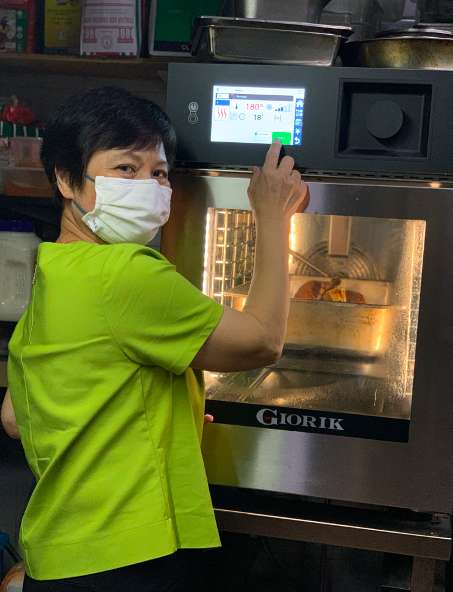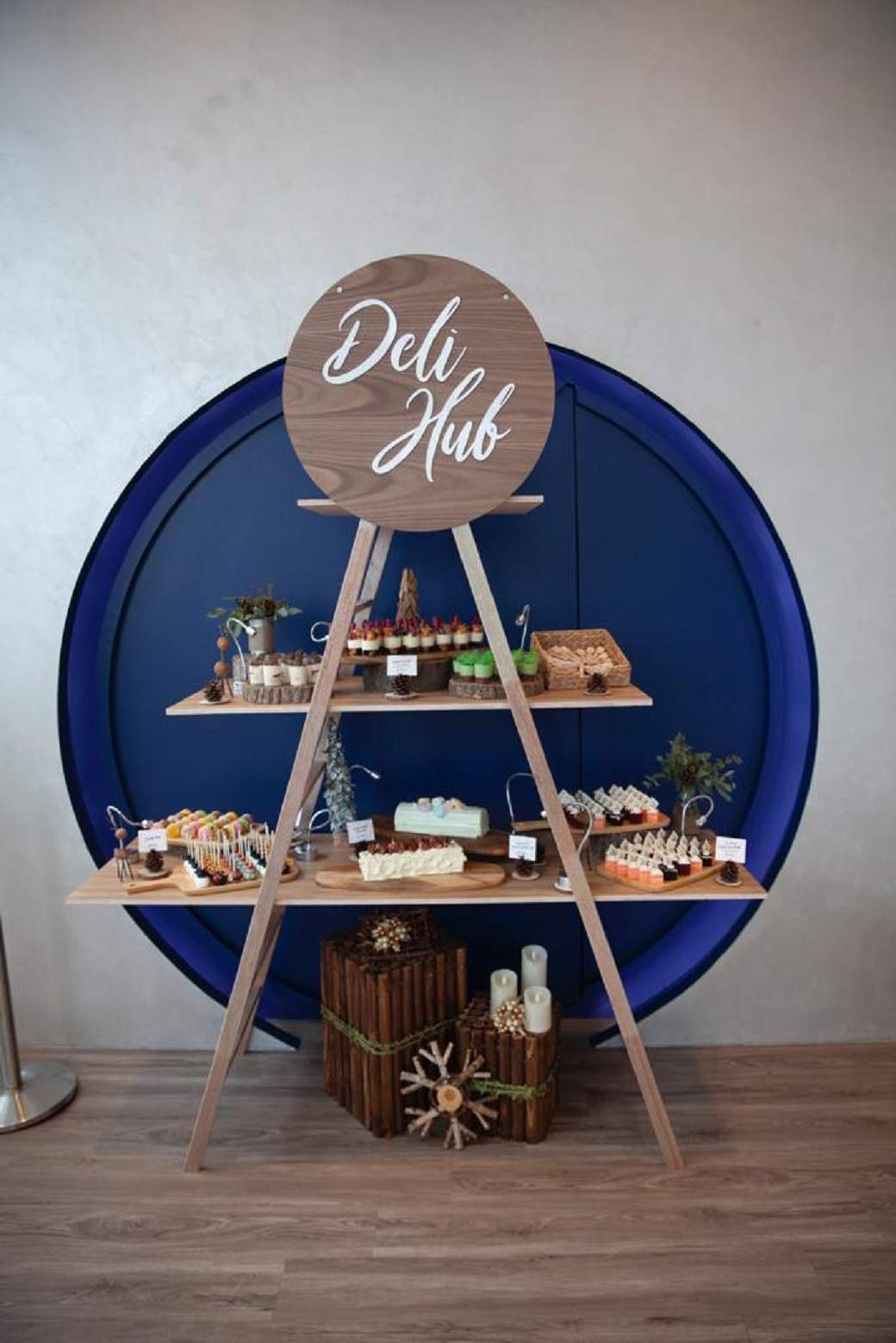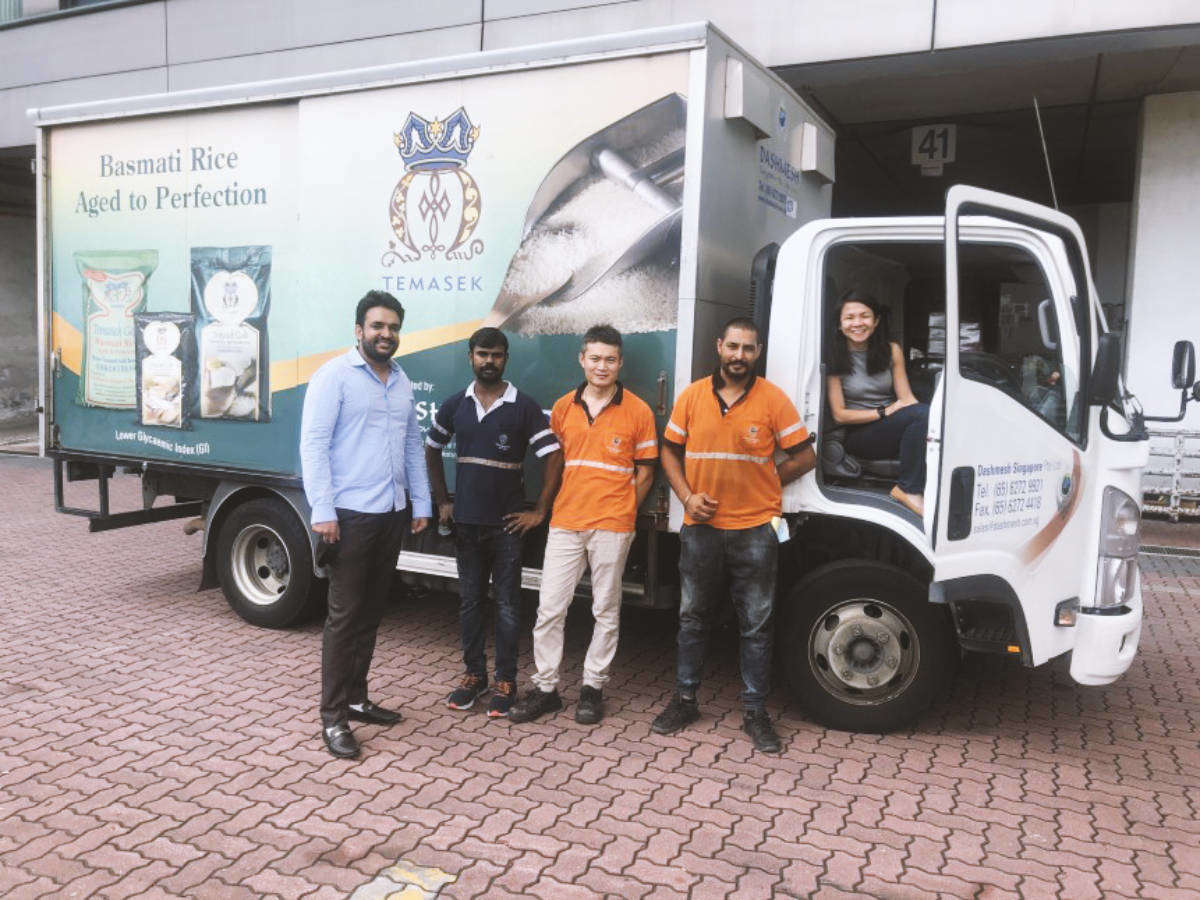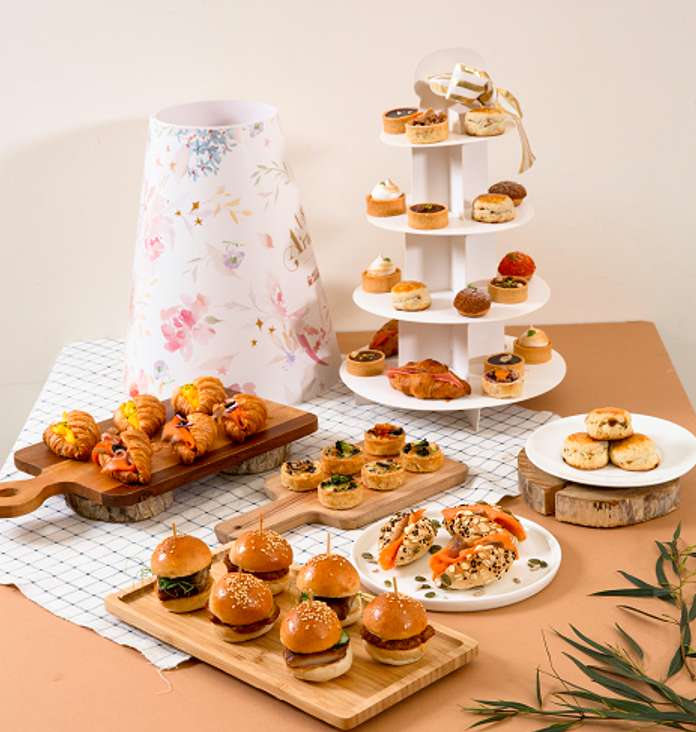It is often difficult to stand out from the crowd especially in a competitive industry, but according to Hoe Ziqian, the answer lies in a versatile little grape from Burgundy.
Chardonnay. The great chameleon. The shape shifter.
This versatile grape is known to be adept at adjusting to any growing environment. It thrives in just about anything a grape grower can throw at it. It is precisely this resilience and hardiness that allows Chardonnay to survive and flourish regardless of the challenges it faces. If hashtags are your thing, nothing quite inspires like #betoughbelikechardonnay.
If you think about it, we can all learn a thing or two from the humble Chardonnay grape. Although there are many other more prestigious grape varietals, it is fair to say we have all cast an envious eye to this malleable little fighter. Wine makers discovered that the grape had a unique knack for truly embodying terroir, the region and area where it is grown. While no two places that grow Chardonnay produce the exact same wine, yet every region finds it is relatively easy to grow.
Sure, there will always be cynics who say that this versatility is actually a guise for its lack of character and distinctiveness, but the truth is none of us can afford to be fussy these days. Not where this world is heading.
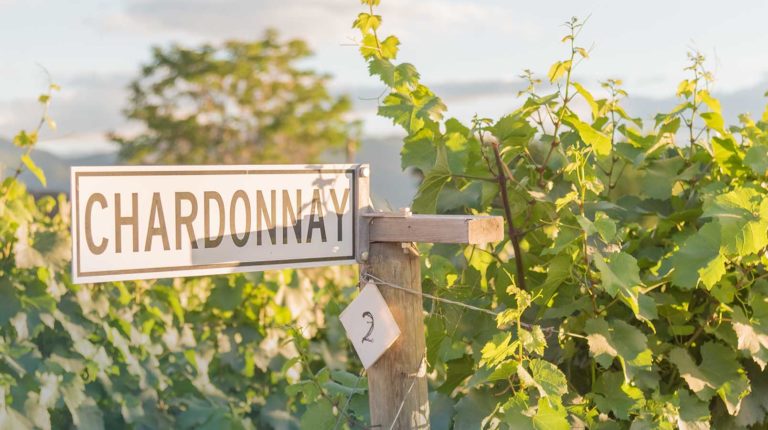
How does this relate to the role of a wine specialist? Simple. In a world dominate by change, a wine specialist can do worse than having that little bit of versatility and resilience. While there are a wide variety of courses within the Wine Specialist 4.0 program that would provide participants with a sound technical foundation, this does not necessarily translate to the competitive edge that companies are actively looking out for. A true wine specialist needs to demonstrate the ability to be agile and adaptable to the needs of the industry in order to be head and shoulders above the rest of the field.
Take for example the emergence of technology in the wine industry. One moment you could be waxing lyrical about a particular label to a customer, the next moment you could be loading your purchase order to the wine distributor via a tablet because the same customer bought your last six cases. While the expectation is not for wine specialists to become e-commerce specialists overnight, there needs to be a decent level of tech literacy to enable them to maximise the use of these solutions to better their day-to-day work as a wine specialist.
Inventory management is likely a big headache for many wine specialists. Most would have no problem describing the wines to their customers but freeze when they have to toggle the unit of measurement on an Enterprise Resource Planning (ERP) solution from case to bottle when doing their inventory count. However, if a company aspires to ramp up its scale and operations, the building blocks of the business, in this case the technology backbone, would need to be firmly in place before any expansion can happen; and the wine specialist is very much an integral part of this process.
Nature or Nurture?
Adaptability and an innate ability to interpret terroir are certainly the defining characteristics of Chardonnay, but unfortunately so its affinity with oak. Chardonnay got a bit of a bad rap back in the 1980s and 1990s for super-oaky new world styles, notoriously known as ‘butter bombs’. “Anything but Chardonnay,” I am sure you have heard that one before.
There is no hiding from the fact that Chardonnay is fair game for dissenters who certainly have no lack of justification, but at the end of the day it is all a matter of perspective. From a wine maker’s angle, deficiencies can also be covered up with oak flavours in poor vintages, reducing the financial impact of a bad harvest. For many small producers, this might be the difference between going bust and being able to go on for another year.
So as aspiring wine specialists, do we accept where we are right now, or do we try and find ways to improve and bridge our skill gaps?
Now, some food for thought: Chardonnay anyone?
